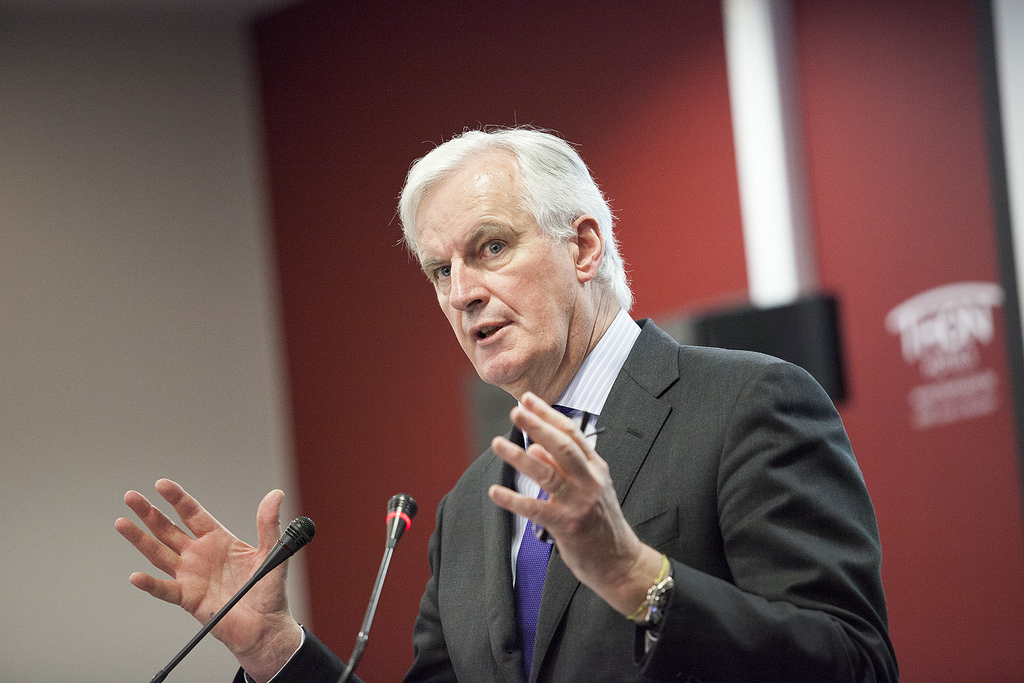Staff from the European Commission, in liaison with staff from the European Central Bank, visited Dublin from 28 November to 1 December to conduct the eighth post-programme surveillance (PPS) review for Ireland. This was coordinated with an International Monetary Fund’s Staff visit. Staff from the European Stability Mechanism also participated in the meetings on aspects related to its Early Warning System. The main objective of PPS is to assess the country’s capacity to repay loans granted under the former EU-IMF financial assistance programme and, if necessary, to recommend corrective actions.
Continue reading…
The message is clear: organisations must be held accountable for their social and environmental footprint. Therefore, it’s inevitable that speaking up becomes the next social…
Download whitepaper











